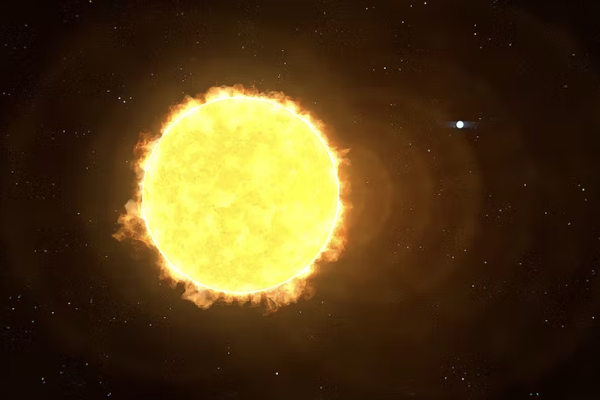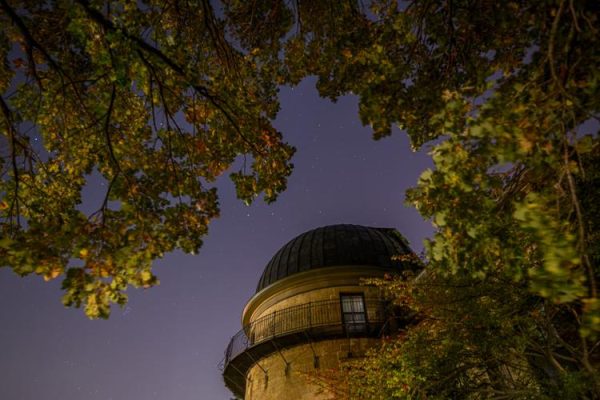My name is Juliette Becker, and I am a professor  at the University of Wisconsin–Madison, where I lead the ExoDyn research group in the Astronomy Department. Our work uses dynamical techniques to address fundamental questions of planet formation: How do planetary systems acquire the architectures we observe? How does the structure and evolution of the protoplanetary disk shape the geometry of emerging planetary systems?
at the University of Wisconsin–Madison, where I lead the ExoDyn research group in the Astronomy Department. Our work uses dynamical techniques to address fundamental questions of planet formation: How do planetary systems acquire the architectures we observe? How does the structure and evolution of the protoplanetary disk shape the geometry of emerging planetary systems?
Since arriving at UW–Madison, I have taught courses ranging from introductory astronomy to graduate-level radiative processes and exoplanet dynamics. My research continues to centre on the formation and long-term stability of planetary systems, with a growing emphasis on habitability and planetary surface conditions. I also lead a NASA-funded project focused on unraveling the three-dimensional orbital architectures of exoplanet systems, aiming to better understand how planetary dynamics influences planetary climates and the potential for life.
My group is committed to mentoring early-career scientists, and I have worked closely with many undergraduate and graduate student researchers, several of whom have gone on to lead peer-reviewed publications as part of our work on planetary formation and evolution.
As a member of WiCOR — the Wisconsin Center for Origins Research — I also collaborate on interdisciplinary problems at the intersection of planetary dynamics, astrochemistry, and the origin and persistence of life beyond Earth.
Prior to UW–Madison, I was a 51 Pegasi b Fellow at Caltech, where I worked with Professor Konstantin Batygin on a range of dynamical problems in the Solar System and beyond. My research there included studying how disk properties and stellar variability influence planetary evolution. Before that, I completed my Ph.D. in Astronomy & Astrophysics at the University of Michigan, supported by a National Science Foundation Graduate Research Fellowship and a Leinweber Center for Theoretical Physics Fellowship. My doctoral advisor was Professor Fred Adams. During my Ph.D., I investigated the dynamics of both exoplanetary systems and our own Solar System, co-discovered two planets in the WASP-47 system, and led the discovery of a high-inclination Trans-Neptunian Object, 2015 BP519.



